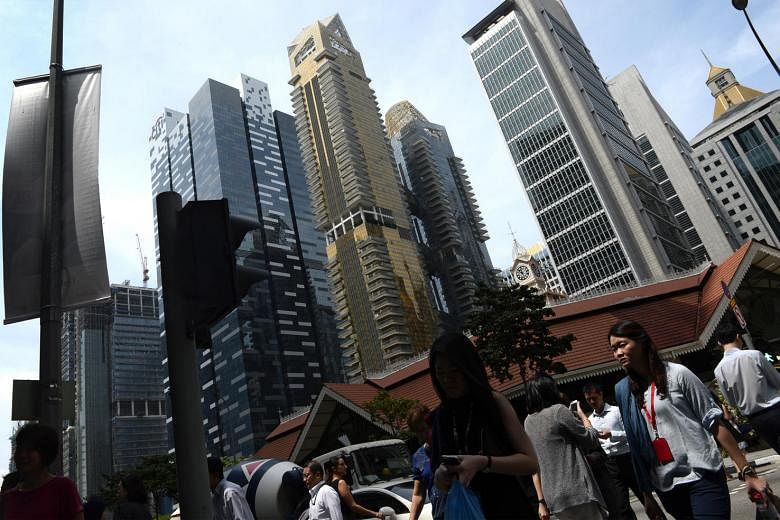There are crucial lessons that Singapore can learn from the evolving trends in immigration and trade ("Winners and losers in trade and immigration"; Wednesday).
This is especially because Singapore shares many similarities with Britain and the United States.
Immigration has been a hot-button topic here in the past few years. Many people have blamed it for problems such as overcrowding in trains and a race to the bottom in the job market.
In the workplace, the influx of foreign talent has led to complaints that Singaporeans are facing extreme competition and, in some cases, being replaced altogether.
For this, Singaporeans have sometimes been labelled a xenophobic group. This label is untrue and unwarranted.
Compared with many other developed countries, where immigrants face threats of violence and other abuse, Singaporeans have behaved in a relatively civilised manner.
In recent years, there have been a few cases of attacks through social media and insensitive and inflammatory blog posts about Singapore.
It is important that everyone - locals, new immigrants and foreigners - stand up against this behaviour, so that we stay a cohesive and united society.
In the case of trade, Singapore has continually embraced open and free trade, including pledging to join the Trans-Pacific Partnership.
This deal has been criticised as possibly hurting workers in richer countries, especially those in manufacturing.
While Singapore's manufacturing sector has been strong because of business-friendly measures and a disciplined workforce, care must be taken to ensure that workers can continue to ascend to higher value-adding industries.
This will help us avoid the mass unemployment that has hit industrial cities such as Detroit in the United States.
The workers there are no longer as competitive, and get retrenched as offshoring becomes commonplace.
They also lack the skills to take on the opportunities created by the knowledge economy, causing grave economic and social problems.
It would be wise for the Government to further encourage leadership development for Singaporeans within multinational corporations, to make us more competitive in work and, possibly, as future entrepreneurs.
Globalisation is inevitable because of its long-term gains. However, we have to ensure that everyone is given a fair chance to succeed.
Otherwise, those who have been left out may turn inwards, making it harder for all to address the global challenges of the 21st century together.
Lionel Loi Zhi Rui

